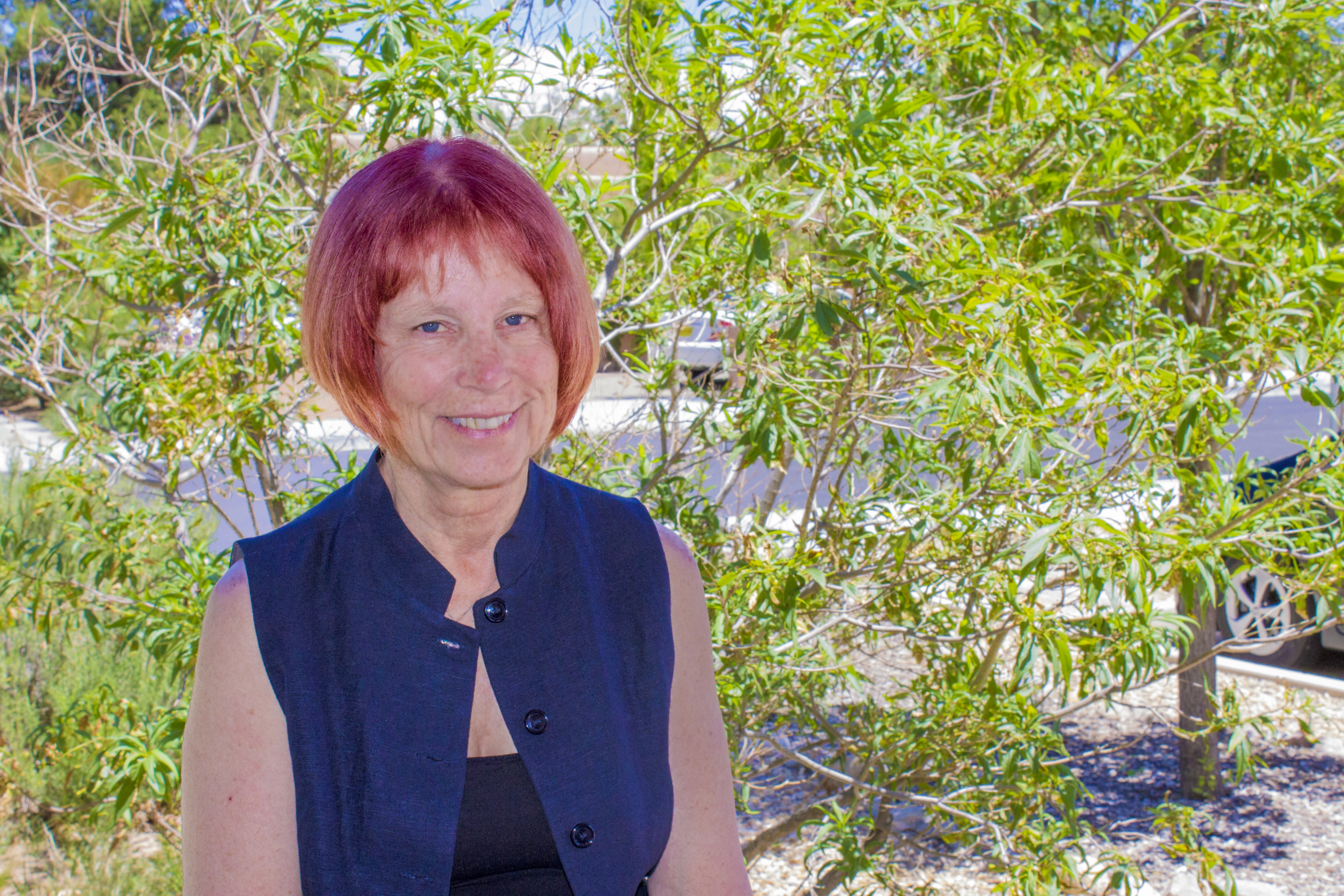
Public Communicator
Johnnye Lewis Honored by Society of Toxicology For Work With Native Americans Affected by Abandoned Uranium Mines
Johnnye Lewis, PhD, Research Professor in The University of New Mexico College of Pharmacy, has received the 2021 Public Communications Award from the Society of Toxicology for her efforts to blend environmental health research with public communications strategies on behalf of Native Americans exposed to toxic mine wastes.
Lewis is among 14 awardees who will be recognized on March 25, 2021, at the society’s virtual annual meeting. This year’s awardees include undergraduate students showing great promise in toxicology, graduate students beginning to make their mark and outstanding postdocs conducting cutting-edge research, as well as emeritus investigators.
 “I am extremely proud that Dr. Johnnye Lewis is receiving this prestigious award that recognizes her decades of work in addressing environmental disparities that affect indigenous communities,” said Donald Godwin, PhD, Dean of the College of Pharmacy. “Her dedication and determination, as well as the efforts of those who have worked with her, have improved the health and the quality of lives of Native Americans, both in New Mexico and the United States.”
“I am extremely proud that Dr. Johnnye Lewis is receiving this prestigious award that recognizes her decades of work in addressing environmental disparities that affect indigenous communities,” said Donald Godwin, PhD, Dean of the College of Pharmacy. “Her dedication and determination, as well as the efforts of those who have worked with her, have improved the health and the quality of lives of Native Americans, both in New Mexico and the United States.”
Lewis received her PhD in pharmacology from the University of Manitoba in Canada, in 1989. She founded and directs the UNM Community Environmental Health Program and is the primary investigator for three grants: a P42 Superfund Center from the National Institute of Environmental Health Sciences, a P50 Environmental Health Disparities Center from the National Institute on Minority Health and Health Disparities, and a UG3/UH3 Environmental Influences on Child Health Outcomes Program cohort site from the National Institutes of Health Office of the Director.
She focuses on major environmental health disparities that adversely affect Native Americans. Her innovative communication efforts center around the risks posed by about 500 abandoned uranium mines on the Navajo Nation. She has traveled extensively to meet with and hear the concerns of communities who express mistrust of scientists and discomfort with Western medicine, which has often belittled traditional healing and indigenous knowledge.
Lewis has challenged conventional academic approaches to better privilege indigenous knowledge and appreciate the deep cultural understanding of the relationship between humans and their natural environment. Her research teams are dedicated to developing cultural competencies and she has worked to bring young Native scientists into the university community. Most of the programs Lewis built include Navajo, Keres, Tewa, Towa, Zuni or Sioux speakers to further translation of both culture and language.
These innovations have resulted in better communication with tribal communities and improved the ability to engage Native American communities to conduct essential research with and among families who still live near toxic abandoned mine sites – and whose lands, crops and livestock were contaminated, posing threats to community health.
Lewis has also developed unique communication strategies, including the inclusion of a Zuni Pueblo artist to help explain Western scientific concepts, such as immunology or DNA damage, using Native symbolism for visuals. Beyond highlighting the health risks from toxic heavy metals at abandoned mine sites, this resource has been vital in the campaign against COVID-19, helping to convey the needs for face masks, hand washing and social distancing.
The Society of Toxicology is an international scientific organization with 8,000 members, founded in 1961 to advance the study chemical, physical or biological agents that have adverse effects on living organisms and the ecosystem. Lewis, who has been a member since 1994, is a frequently invited presenter at national scientific conferences and has contributed invited policy testimony on state and national levels.